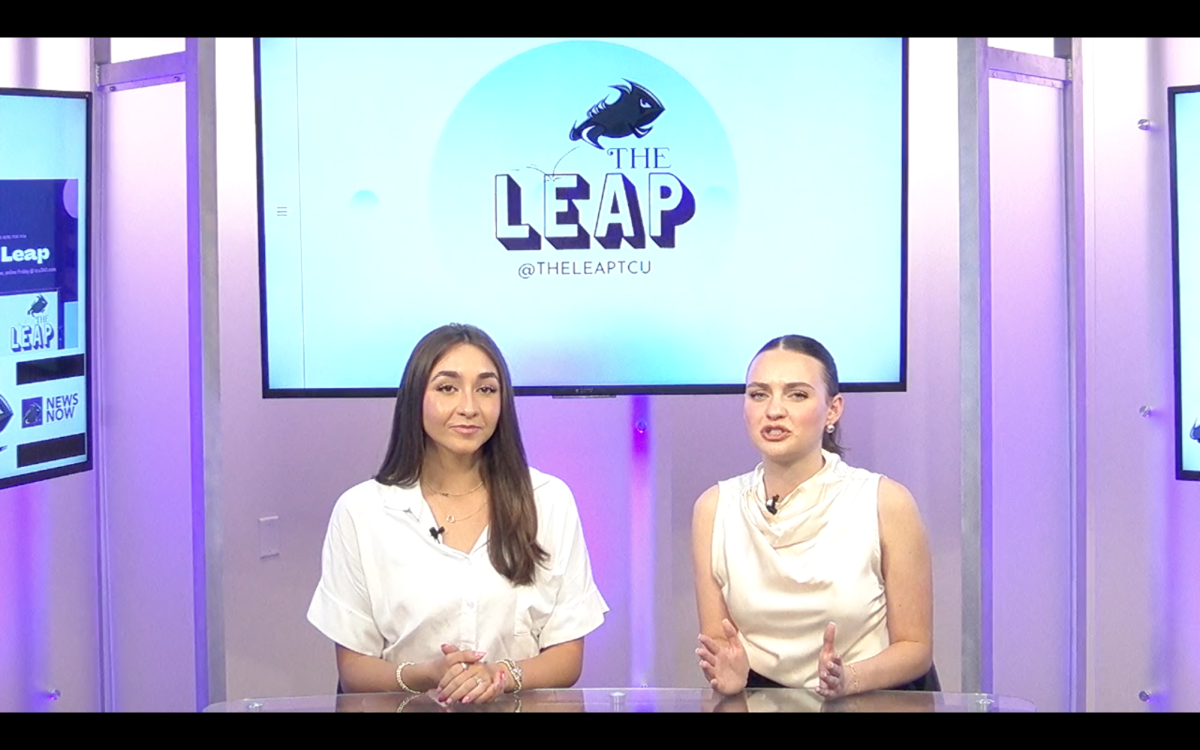Robert F. Kennedy Jr. said there is an integral connection between nature, the ecosystem, energy use and the economy in a speech for the Frost Foundation Lectureship Series for Global Issues.
Kennedy illustrated this connection to a crowd of about 400 through anecdotes and analogies from his experiences in environmental advocacy.
“To me, environmental advocacy is about figuring out how to make communities work,” Kennedy said. “It’s how to make your community function. And during 25 years as an environmental advocate, I’ve always understood that environmental advocacy is not about protecting the fishes and the birds for their own sake, but recognizing that nature is the infrastructure of our community.”
Kennedy said that a common misconception among many American citizens is that most steps toward environmental improvement would cripple the nation’s economy.
“A good environmental policy 100 percent of the time is identical to good economic policy,” Kennedy said.
Kennedy detailed the potential for tremendous economic growth that could result from a switch to alternative energy sources, like wind and solar power.
He also said that the nation’s reliance on coal has resulted in many negative economic and environmental consequences. In West Virginia, for example, asphalt damage from massive, 90,000-pound coal shipping trucks on the state’s roads will cost tax payers millions of dollars to repair, Kennedy said.
Tom Calvert-Rosenberger, a sophomore environmental science major, said he appreciated Kennedy’s thoughts on and analysis of the future of America’s energy portfolio.
“I thought that he was very realistic about his expectations for our future and that his criticism of the system that we have now and our carbon-based economy was legitimate,” Calvert-Rosenberger said.
In the latter part of the lecture, Kennedy said he is concerned with the current administration and its role in inhibiting progress toward more efficient energy use.
“It’s not just about destruction of the environment, it’s about subversion of democracy,” Kennedy said.
Kennedy closed his lecture by expressing his disenchantment with America’s current reliance on coal as its primary energy source. He said the idea that fossil fuels are good for business is “another dirty lie.”
Gretchen Wilbrandt, a senior environmental science major, said she thought Kennedy’s words might have the power to move a potentially steadfast group of people.
“I think he presented a very motivating switch to a very Texas audience,” Wilbrandt said.




